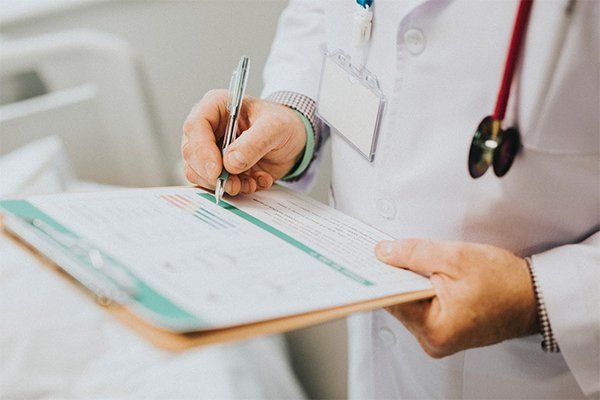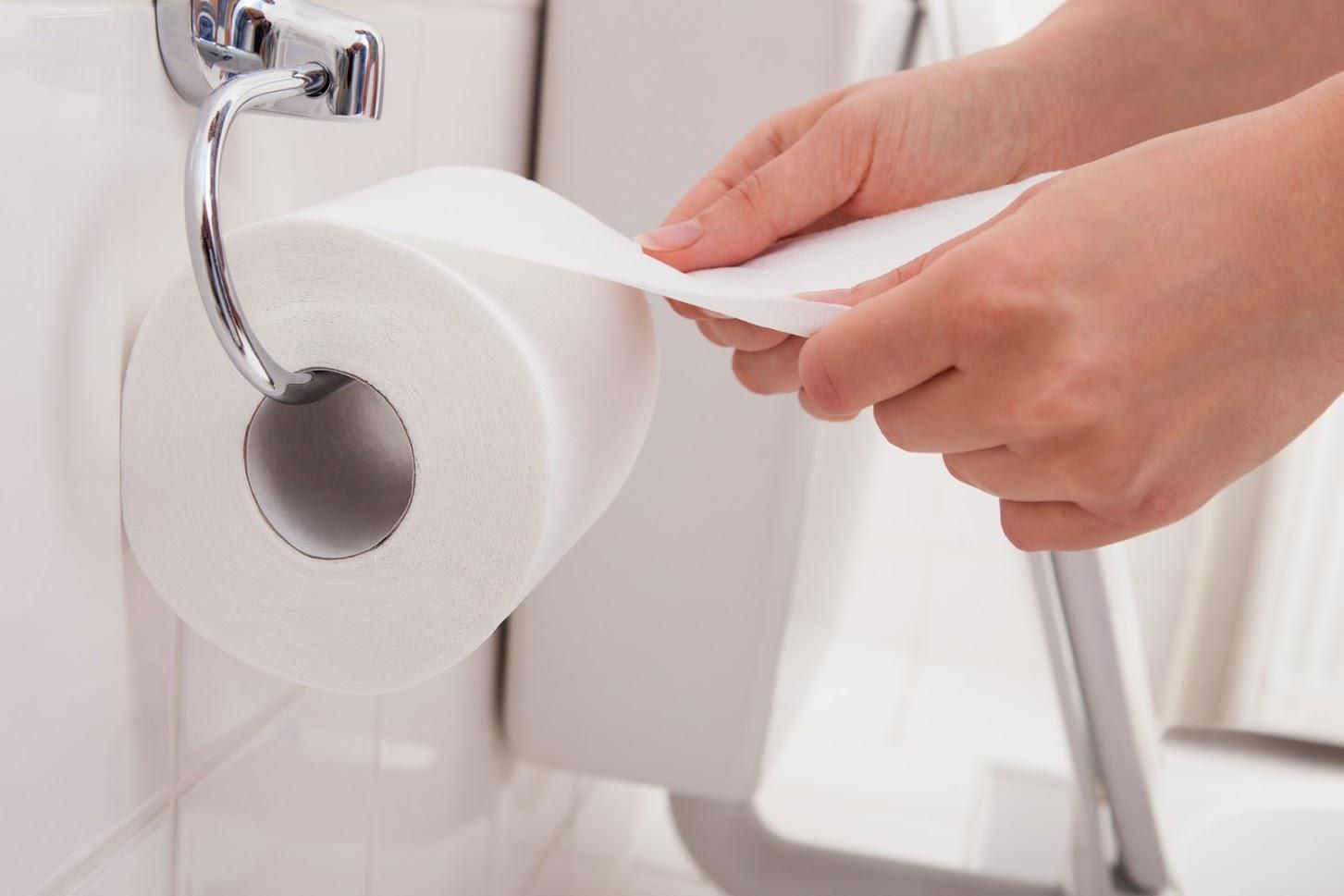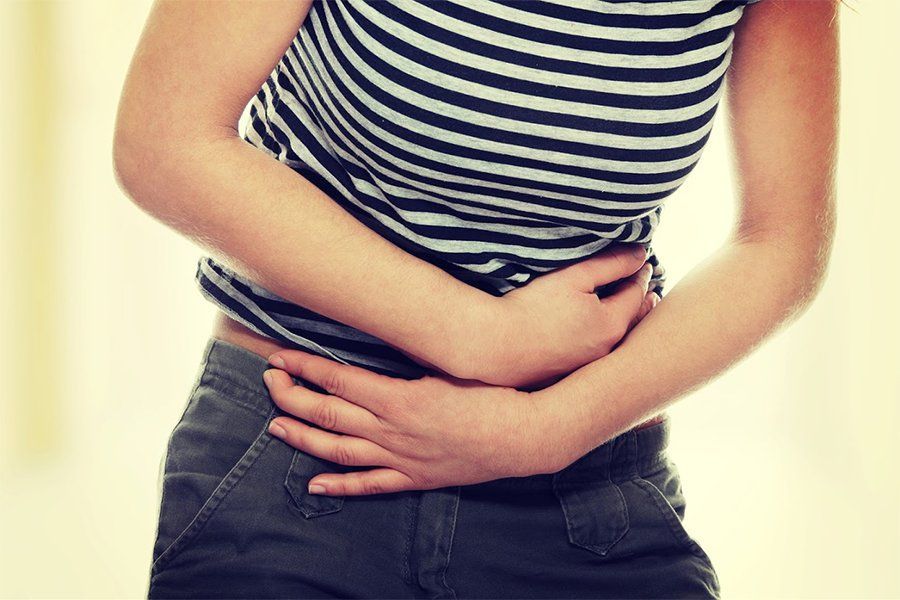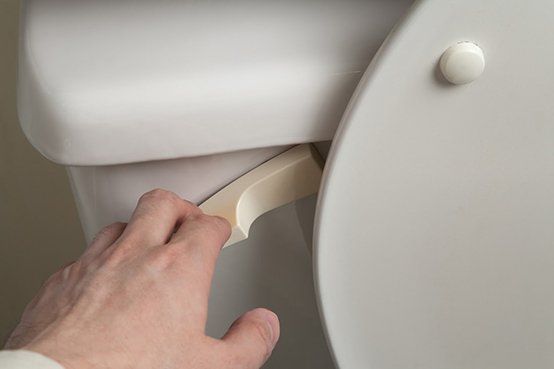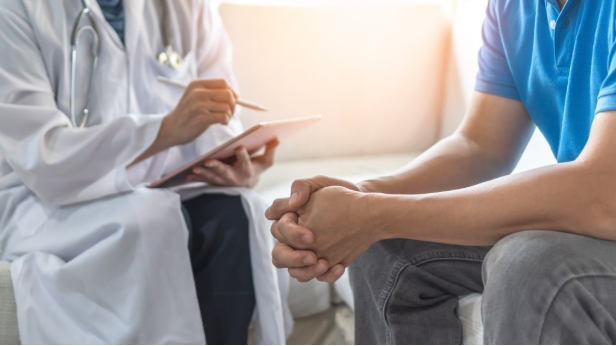Why Do You Need a Colonoscopy?

Do you need a colonoscopy? While it's completely normal to feel nervous about this procedure, you have nothing to fear. Take a look at the answers to the top questions patients have about their first colonoscopy.
What Is a Colonoscopy?
According to the U.S. Centers for Disease Control and Prevention (CDC), colon cancer is the third most common type of cancer in American adults. Luckily, a test (the colonoscopy) exists to detect colon cancer in its early stages.
A colonoscopy is a diagnostic tool specialists use to visualize cancer and other problems in the colon and rectum. The doctor inserts a long scope into the rectum (while you're sedated) and gently threads it through the colon. This provides a view of the colon's interior and allows the doctor to detect (and remove, if necessary) potentially cancerous or pre-cancerous polyps.
While colon cancer detection is a primary use for the colonoscopy, it isn't the only reason to schedule this diagnostic test. Read on for more information on why you may need a colonoscopy and how to prepare for one.
Why Is a Colonoscopy Necessary?
The answer to this question depends on the patient and their individual needs. In general, the most common reasons to have a colonoscopy include:
- Age. While previous guidelines recommended the test for patients with no more than an average risk for colon cancer at age 50, in 2018 the American Cancer Society expanded its guidelines for people age 45 and up.
- Family history. If a parent, sibling, or other close family member has had colorectal cancer, it's likely you'll need a screening.
- History of abdominal radiation. You may also need this screening if you've had abdominal radiation therapy for another type of cancer.
- Bowel symptoms. While a virus or a once in a while bout of diarrhea doesn't necessitate a colonoscopy, constant GI symptoms, weight loss, bleeding, or other unexplained intestinal issues may warrant a colonoscopy.
- Suspicion of an inflammatory bowel disease. If the doctor thinks you may have an inflammatory bowel disease (IBS) such as Crohn's disease or ulcerative colitis, you may need a colonoscopy to diagnose the condition.
If you have concerns about the necessity of this diagnostic procedure, talk to your doctor. The medical provider will help you to better understand how this test meets your needs and why it's an important part of your overall healthcare.
How Do You Prepare for a Colonoscopy?
Now that you better understand why you need this procedure, it's time to move on to the prep. To get the best results possible and prevent the need for an immediate repeat procedure, always follow the doctor's preparation directions exactly.
While the type of prep varies slightly by doctor or physician's practice, most patients will need to:
- Eat a low-fiber diet. Reduce your fiber intake a few days to a week before the colonoscopy. Avoid raw fruits and vegetables, dried fruits, nuts, seeds, and whole grains.
- Stick to clear liquids the day before. Only consume clear liquids for the entire day before your procedure. Soup broth, gelatin, popsicles, clear juices, clear sports drinks, and water are acceptable. Avoid anything with red, purple, or orange coloring.
- Drink the bowel prep. The doctor will prescribe a bowel prep cleanse to drink the day before the procedure. Follow the directions precisely. The cleanse has an extreme laxative effect. Take time off from work and plan to stay near your bathroom.
- Fast on the day of the procedure. Keep your bowel clear and avoid foods and beverages directly before your procedure.
Do you take medications regularly? Ask your doctor what you can or can't continue as you prep for the procedure.
Have you scheduled your colonoscopy? Contact Kentuckiana Gastroenterology & Paramount Surgery Center for more information.


